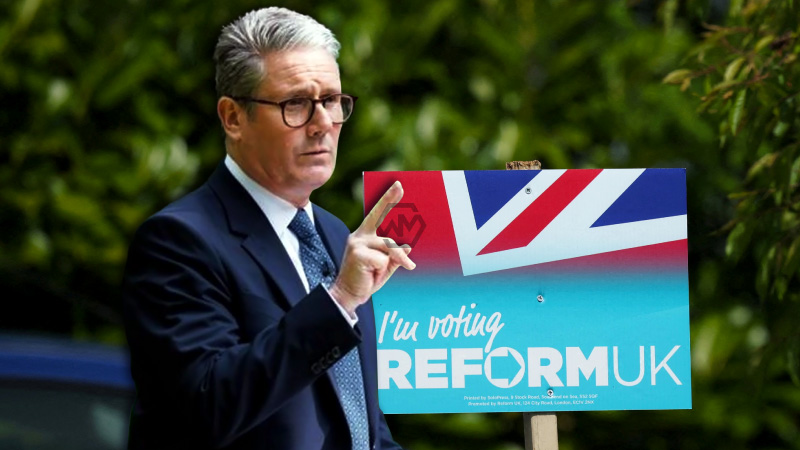- Labour’s cautious economic strategy is now facing scrutiny amid rising public expectations.
- Jeremy Corbyn’s new political venture reignites tensions within the left.
- Stability alone may no longer satisfy voters hungry for real transformation.
Labour’s victory at the polls was rooted in a promise of stability after years of Conservative upheaval. However, this stability has quickly become a double-edged sword.
Meanwhile, internal friction is mounting. Former MP Zarah Sultana’s decision to join Jeremy Corbyn’s emerging political group signals a broader ideological rift.
From Stability to Stalemate: Labour’s Battle with Growth, Unity, and Expectation
Labour’s fiscal policy was designed to appear mature and restrained, avoiding the pitfalls of big promises. But the decision to base transformative ambitions on hypothetical growth — without increasing taxes or borrowing — is now under scrutiny. As global markets remain volatile and growth lags under 1%, critics are asking: where will the money come from to fund real change?
Compounding these concerns is Labour’s decision last autumn to increase employer national insurance contributions. While intended to stabilise public finances, this move has alienated small businesses and undercut Labour’s pro-growth rhetoric. It also risks discouraging hiring and expansion — the very engines of growth Labour says it depends on.
Internally, ideological divisions have resurfaced. Jeremy Corbyn and Zarah Sultana’s breakaway group seeks to revive a more radical left agenda, challenging Labour’s centrism. Corbyn’s call for a “real alternative” has gained traction among younger voters disillusioned by compromises, but party elders see this as political sabotage in disguise.
Neil Kinnock’s warning may prove prophetic. The left’s fragmentation mirrors past electoral failures, where infighting enabled conservative dominance. By dubbing Corbyn’s initiative the “Farage assistance group,” Kinnock captures a growing anxiety: that Labour’s biggest obstacle may not be the opposition, but itself.
Labour’s balancing act between moderation and transformation is becoming increasingly precarious. Without a shift in strategy or unity, the party may lose the momentum it barely secured.
“The centre cannot hold.” – W.B. Yeats
This timeless line reflects the peril Labour faces if internal divides and cautious leadership weaken its ability to govern boldly.



